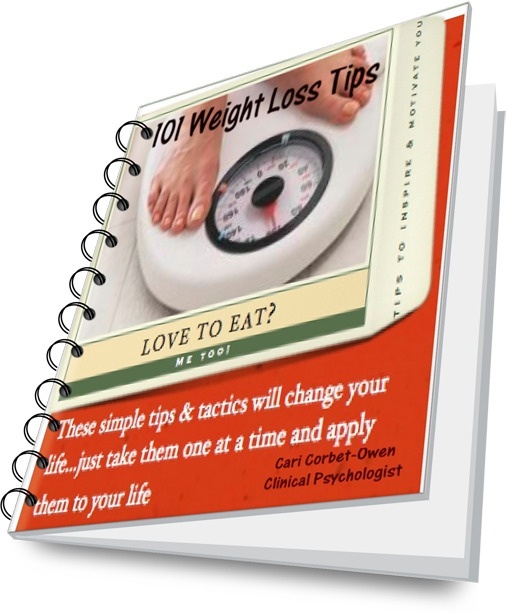salt
Question
I am 55. I have always craved salt,enjoying chips, and seasoning salt on my meat, but in average quantities. I also crave tomato juice and saurkraut but I think its the salt.
I dont think I consume more salt than average.
I have always been heavy for my size with a distended belly with visible veins.
I have tried lots of stuff but recently I decided to cut out using salt as much as I can.
Is only been a week but my blood pressure is down, I feel less bloated, my fingers and toes dont tingle, and I am less anxious.
It amazes me to think that cutting out the salt did this?
I have looked up 'salt intolerance/ allergy and nothing comes up. In fact we need salt, unlike sugar.
Thanks for your thoughts.
Much can be written about salt, so I am going to briefly go over some key points. Then if you have further questions, feel free to ask.
Firstly, you are correct that salt is necessary for the body. How much is average, though, is subjective. For example, in my household, we don't cook with salt and hardly ever add it to our meals. The other parts of the equation are the amount of sodium in most prepackaged and processed foods (the biggest consumption of salts), the balance of potassium and sodium in the body, water intake, and disposition toward disorders such as hypertension. The truth is that, with regard to our salt requirements, there is little need to add salt. In fact, deficiency is uncommon. Truly, in the case of salt less supplementation is better.
In terms of cravings, there are two things that I would consider. The first is that salt cravings are sometimes an indication of thirst because of dehydration. We first crave salt, then become thirsty to dilute and balance the effects of sodium release into the body. Ensuring proper hydration will be the key to correcting that, in most cases.
The second point to consider is that our bodies have a wonderful means of homeostasis. If we consume large amounts of, say, sugar or salt, the body tries to establish balance. If we continue consuming those high amounts, that balance may become the normal point of operation leading to cravings when the substance is not continued in the same amount. Of course, the body will readjust with the healthy normal amounts. For this reason, any strong cravings for substances with which there is an unlikely connection to deficiency should be a cause for concern when consumption is high. There might be a handful of people who agree with this and a handful that do not. I feel strongly, based on my clients, that this is the case.
I am not familiar with your health status or eating habits, but I would definitely say that if these change occurred shortly after reducing salt, reduction of salt was certainly a major player. I would continue with what most experts recommend by cutting it down, reading labels for sodium content, and considering a change to sea salt; in addition to slow and steady changes in eating and drinking habits (water) with a focus on health. Good job being proactive in your health and looking for solutions!
- Prev:university weight gain
- Next:Dangerous Dieting
Related Articles
-
Ice Cream Allergy
QuestionFirst let me say that I know this question is not exactly
-
eggs yolk
Questiondrinking raw eggs with milk what are the risks ?? Answer
-
Vegtables/Vitamins
QuestionMy onocolgist has put me on cumidin & says I should not e
-
Vitamins.
QuestionMy wife and I tried a sensible diet program before the la
-
working out after hysterectomy
Question4 months ago i had a total hysterectomy and now i want to
-
Flies in traditional asian medicine
QuestionHi Linda, http://www.abc.net.au/science/articles/2002/10/
More Great Links




